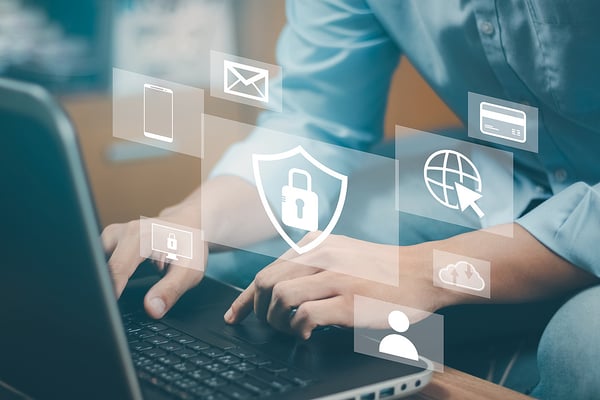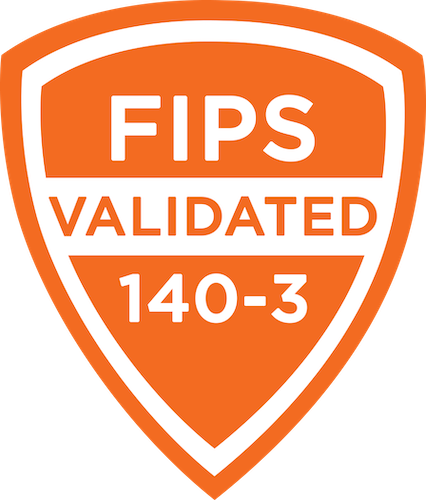Important News:SafeLogic Announces General Availability for CryptoComply for Go! Learn more!
FIPS 140
Achieve FIPS 140 Certification and Secure Your Public Sector Success
Importance of Being FIPS 140 Certified
FIPS 140 certification is crucial for companies selling to the public sector. It ensures that your cryptographic modules meet strict Federal security standards. Without FIPS 140 validation, government agencies treat data as unencrypted, which can lead to procurement officers blocking the acquisition of your product.
Public sector procurement officers and third-party assessors carefully verify a company’s validation status to ensure compliance with FIPS 140 and other security regulations incorporating FIPS 140, such as CMMC 2.0, Common Criteria, DoDIN APL, FedRAMP, and StateRAMP .
Achieving and maintaining FIPS 140 validation, however, is an ongoing challenge that requires consistent updates and reviews to avoid falling behind on compliance and losing FIPS 140 certification.
The FIPS 140 experts at SafeLogic are here to help you meet FIPS 140 requirements.

FIPS 140-2 vs 140-3
Understanding the transition from FIPS 140-2 to the new FIPS 140-3 is essential as you strive to maintain FIPS 140 certification.
Follow the links below to explore the key differences between FIPS 140-2 and FIPS 140-3 certifications and evolving standards that impact cryptographic module validation.
FIPS 140 Validation vs. Compliance: Why Owning Your Certification Matters
The critical difference between FIPS 140 validated and FIPS 140 compliant lies in the ownership and control of the certification of the cryptographic module.
FIPS 140 validated means an organization has a certificate issued by NIST in its name for its cryptographic module. This certification includes details specific to the organization, making demonstrating compliance during procurement processes easier.
FIPS 140 compliant refers to using a cryptographic module validated by another entity, such as an open-source provider, cloud service, or operating system vendor. While this may appear to be a quick and cost-effective solution, it poses risks. The organization does not have its own certificate and depends on third parties to maintain the module’s validation. If those third parties fail to keep the module’s status active, the organization could lose compliance and jeopardize government contracts.
Ultimately, FIPS 140 validation reduces non-compliance risk, making it the preferred option for organizations serious about public sector business.
Get FIPS 140 Validation in Just 60 Days with SafeLogic
Navigating the FIPS 140 certification process can be overwhelming, time-consuming, and costly, but it doesn’t have to be. At SafeLogic, we specialize in accelerating the path to FIPS 140 validation, helping your organization achieve compliance quickly and efficiently.
With our FIPS Validation as a Service, you will:
- Achieve Certification in 60 Days: We streamline the process, ensuring your cryptographic modules meet Federal standards swiftly so that you can focus on your core business.
- Avoid Costly Delays: Don’t risk losing public sector contracts due to outdated or non-compliant modules. We help you stay ahead of evolving regulations.
- Gain Complete Control: We will work with you to secure your own FIPS 140 certificate, giving you full ownership and eliminating dependency on third-party modules.
Partner with SafeLogic to get your FIPS 140 validation without headaches and delays. Let us handle the complexities while you stay compliant and competitive.
FIPS 140 Resources
FedRAMP and FIPS 140 Compliance
January 29, 2025 • Aryeh Archer
SafeLogic Announces CryptoComply PQ TLS Early Access Program
December 19, 2024 • Mike Donaldson
Supporting FIPS with OpenSSL 1.X for iOS Applications
November 21, 2024 • Alex Zaslavsky









